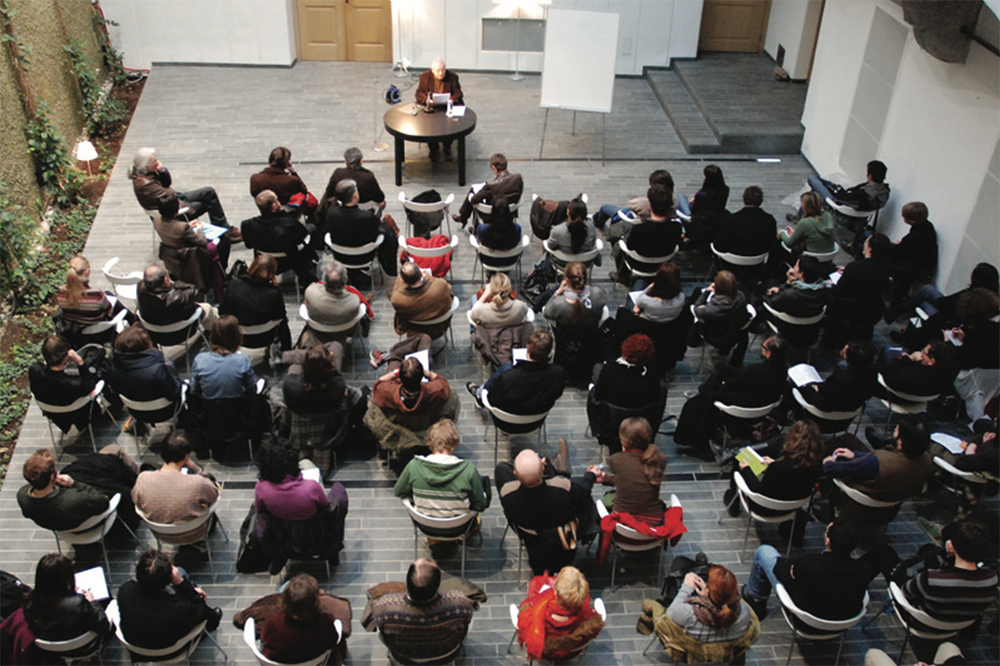
Earth and environmental sciences
The 2nd cycle study programme Earth and Environmental Sciences provides interdisciplinary content of combined animate and inanimate nature related to geology, palaeontology, ecology, evolution, karstology, and environmental protection. The programme primarily addresses interconnected fields of earth sciences; in addition, specialization is provided within modules (i) Biodiversity, Ecology and Evolution, (ii) Palaeobiology and Sedimentary Geology, and (iii) Karstology. Elective courses enable either deepening of knowledge within selected module or supplement interdisciplinary characteristics of the study. The programme is held by habilitated researchers primarily working at the Research Centre of the Slovenian Academy of Sciences and Arts, which allow students to be directly involved into research on open fundamental scientific issues as well as transfer of research into practice (e.g., environmental protection, natural disasters).

COMMON MANDATORY COURSES OF THE STUDY PROGRAM:
STUDY MODULES:

The main goal of the study is improved knowledge of the extensive system of natural sciences and their connection with social sciences. We are offering acquisition and deepening of knowledge on inanimate and animate nature, acquisition with a variety of methodological approaches within natural sciences and practical complementary use especially in the field of karstology. When finishing master study, students will be capable of horizontal interdisciplinary interconnection of knowledge of different disciplines in the field of natural sciences as well as vertical analyses of specific problems within specifically focused modules.
General goal of the study is acquisition of practical experiences in research, this is from study design to selection of appropriate methodological approach, laboratory, computational, and field exercises, research or project work, presentation of results and practical use of knowledge. After graduation, students are capable of independent and critical thinking about methods, findings and interpretations of scientific work and as such skilled for self-reliant scientific, pedagogical and professional work.

